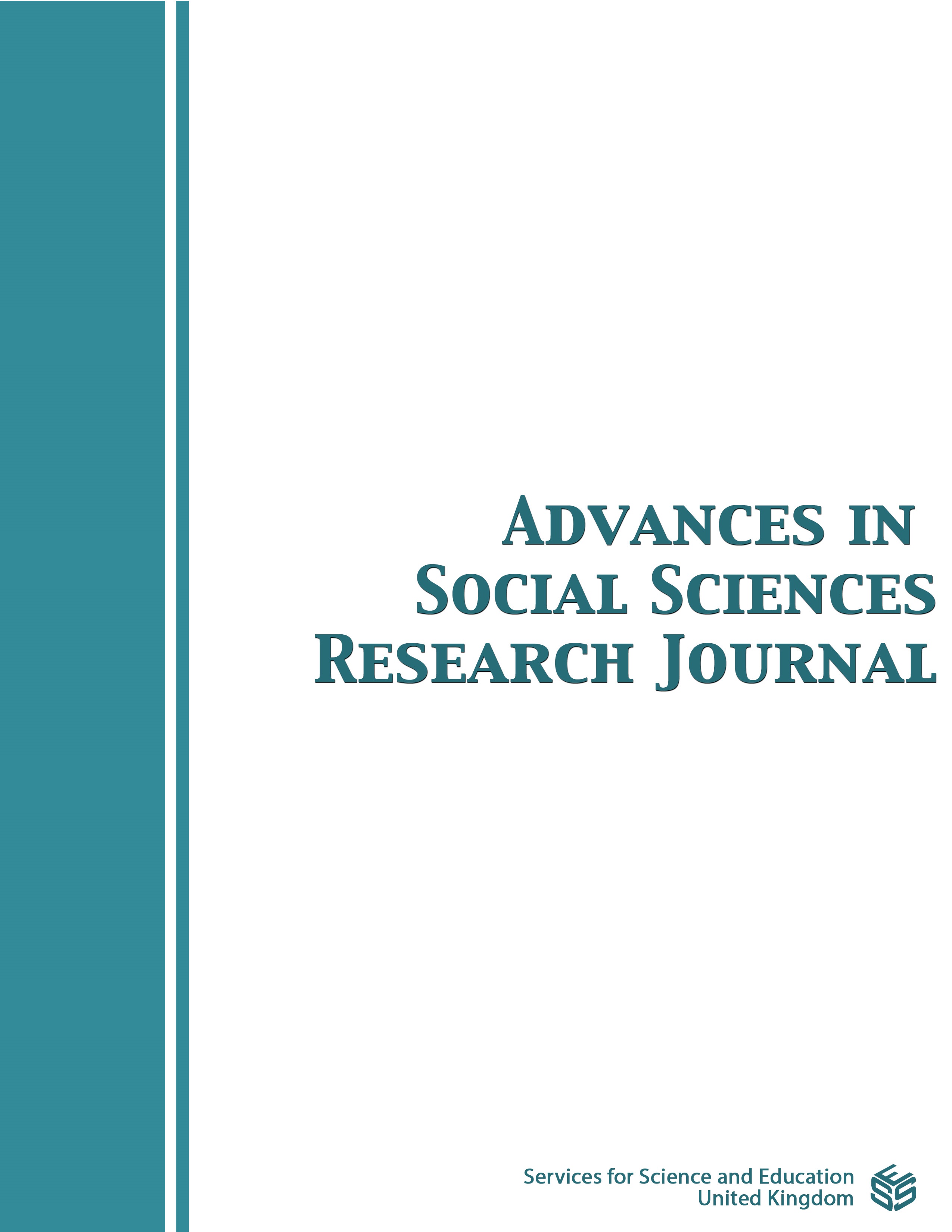Sustainable Supply Chain Management Education: Employing Artificial Intelligence, Augmented Reality, and Gamification for Effective Learning
DOI:
https://doi.org/10.14738/assrj.112.2.16423Keywords:
sustainability, supply chain, immersive learning, artificial intelligence, augmented reality, gamification, educationAbstract
Sustainable supply chain management education has assumed critical importance in today's context of evolving environmental, economic, and social sustainability objectives. The growing complexity of supply chain management underscores the necessity for acquiring new competencies to navigate these challenges. Furthermore, as businesses are compelled to enhance their practices with heightened awareness of environmental issues, the imperative for sustainable management becomes increasingly evident. Future business leaders or supply chain managers, particularly higher learning institution’s students, should be able to demonstrate the ability to navigate and harness the collective environmental intelligence within their supply networks, promoting the principles of environmental sustainability. This study aims to examine the impact of immersive learning (artificial intelligence, augmented reality, and gamification) towards education, in the context of understanding sustainable supply chain management (SSCM) practices and concepts. The study used a cross-sectional survey approach with a purposive sampling technique to collect data from 204 respondents. The findings of this study suggest that immersive learning techniques are significant and positive factors that contribute to SSCM education. The evidence presented suggests that artificial intelligence and gamification serve as transformative tools, enhancing students' comprehension of SSCM concepts and fostering a genuine interest in adopting more sustainable business practices. In essence, this research reinforces the indispensability of sustainable supply chain education in equipping future business leaders with the knowledge and skills required to navigate the complexities of contemporary SC management while championing environmental, economic, and social sustainability goals.
Downloads
Published
How to Cite
Issue
Section
License
Copyright (c) 2024 Ahmad Rais Mohamad Mokhtar, Veera Pandiyan Kaliani Sundram, Melissa Shahrom

This work is licensed under a Creative Commons Attribution 4.0 International License.
Authors wishing to include figures, tables, or text passages that have already been published elsewhere are required to obtain permission from the copyright owner(s) for both the print and online format and to include evidence that such permission has been granted when submitting their papers. Any material received without such evidence will be assumed to originate from the authors.






